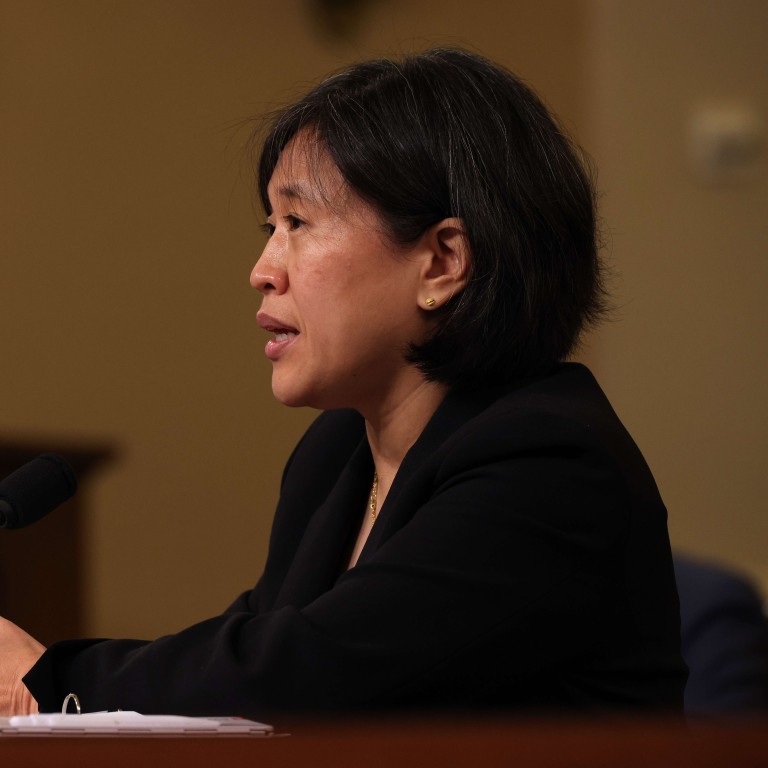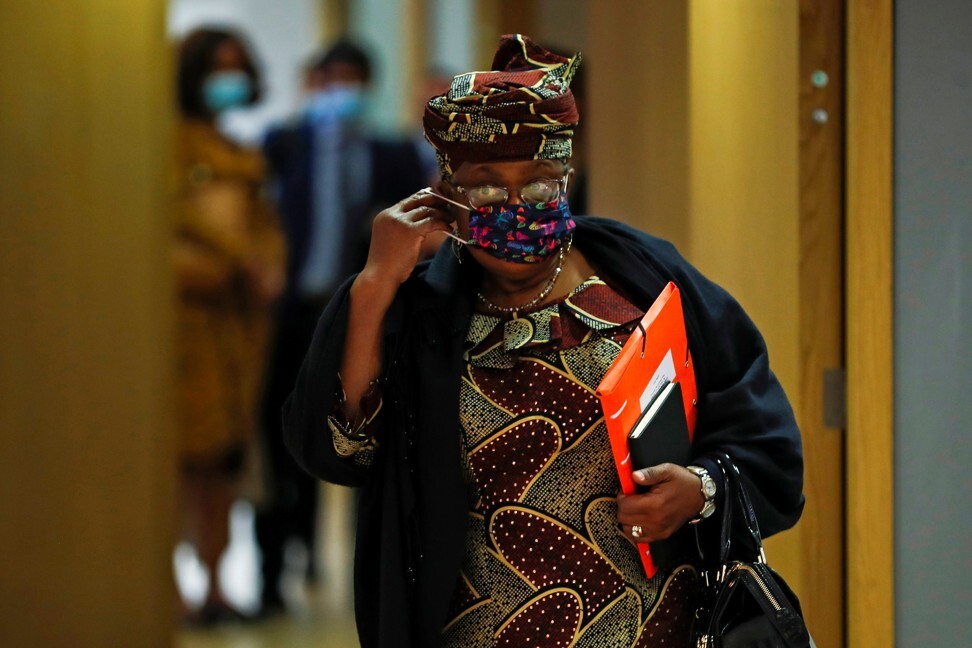
United States moves to address ‘high-seas slavery’ in global fish subsidy talks
- ‘Forced labour harms the lives and well-being of fishers and workers around the world,’ said US Trade Representative Katherine Tai
- A report from the Commerce and State departments last year identified China as ‘a significant offender in the use of forced labour in their fishing sector’
This story is published in a content partnership with POLITICO. It was originally reported by Doug Palmer on politico.com on May 26, 2021.
The US move comes as World Trade Organization members are finally trying to wrap up talks in the long-running fish subsidy negotiations. WTO Director General Ngozi Okonjo-Iweala has scheduled a virtual ministerial meeting in mid-July to set the stage for a final agreement.
In addition to the misery of workers, forced labour gives fishing vessels who engage in the practice an unfair cost advantage that exacerbates overfishing and the depletion of the world’s oceans, USTR said.
Researchers estimate that in 2018, governments worldwide provided about US$22.2 billion of harmful subsidies that made it profitable to deplete ocean stocks by overfishing.
China provided about US$5.9 billion worth of such subsidies, followed by Japan at US$2.1 billion and the European Union at US$2 billion. The United States ranked a little lower, at about US$1.1 billion.
The US proposal calls for the fisheries agreement to explicitly recognise the forced labour problem and require WTO members notify the organisation of fishing vessels suspected of using forced labour.
It also highlights the need for “effective disciplines on harmful subsidies to fishing activities that may be associated with the use of forced labour.” It does that by proposing to expand the scope of subsidies that would be reduced under the agreement to include activities that may be associated with the use of forced labour.
For example, government subsidies that enable “a vessel to offload fish and receive fuel and supplies at sea, without returning to port for long periods of time, may also allow vessels using forced labour to evade detection,” USTR said.
The US proposal is likely to further complicate negotiations that began two decades ago and have blown past numerous deadlines. A final agreement would require the unanimous support of all 164 WTO members, which is why it is so difficult to reach any deal in the organisation.
“I know it will not be easy for 164 members to reach consensus, but it is doable. It's time to sprint for the finish line,” Wills said at the time.
Read Politico’s story


